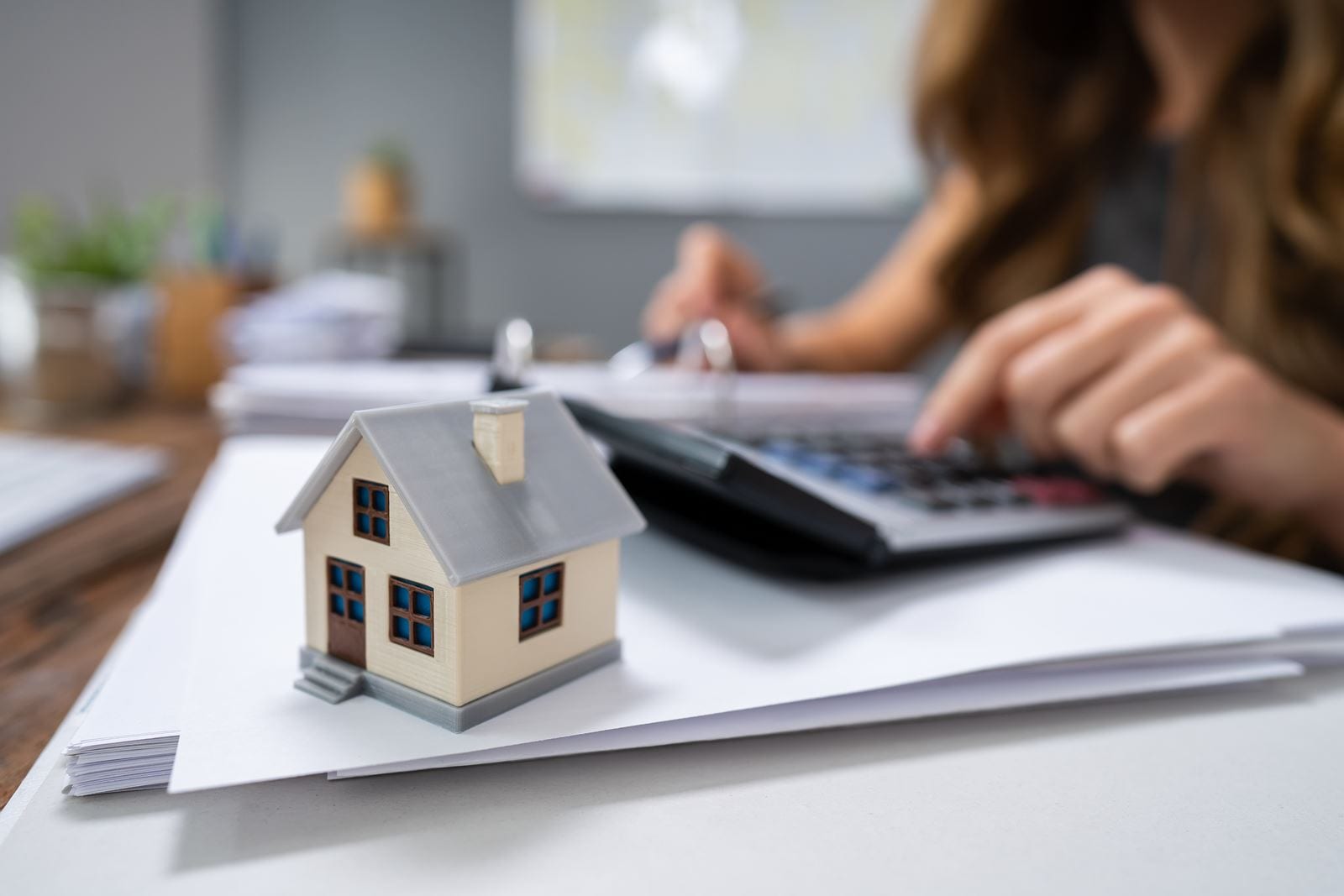
What is the most important task concerning running a rental property? Is it maintaining a clean property? Is it being a respectful and attentive landlord? Perhaps it is the screening process for tenants?
It is hard to pinpoint exactly what is the most important and critical of all of the tasks that come along with owning a rental property but one that cannot be overlooked or unattended is bookkeeping. It is vital to the financial well-being of you and your rental property investments to have a proper and thorough bookkeeping plan of action. Don’t have one? Check out these tips. They will get you started in the right direction!
A Quick Guide to Bookkeeping for your Rental Property
- Organisation is Key
At the risk of sounding like your mother, you need to be organised when it comes to keeping books for your rental property. A bit of preparation and implementing a system at the beginning of your rental property journey can save you a ton of time and hassle later on.
- Have Separate Business and Personal Accounts
According to Amal from property accountants Accountingpreneur “This is standard practice for any business you may own. Do not run your rental income or expenses through your personal accounts.” This will cause confusion and the HMRC prefers that you keep all business and personal transactions separate.
- Track Your Rental Income
As mentioned, this should be in a dedicated rental income account. Keeping accurate logs of the actual amounts of income received, as well as the expected amount of rental income received, is helpful.
- Track Your Rental Expenses
Rental expenses, also separate from any personal expenses, should be tracked and documented. This includes repair and maintenance, fees and dues, unexpected replacement costs and any other expense that may come up.
- Digitise Your Books
Any receipts or paperwork you receive should be scanned and digitised as soon as possible. The benefits of having everything available in digital form are many and it also makes it easier to provide documentation to HMRC should they request it.
- Use Accounting Software
There are numerous accounting software options available for those running small businesses and some are designed particularly for rental properties. Do your homework and choose the appropriate software for you and your situation.
- Prepare for Unexpected Expenses
Expect the unexpected is a motto that continues to be popular to this day for good reason. While you may not know when or where you will receive an unexpected bill, you can be sure that it is coming eventually. It is advisable to set aside a portion of your rental income for exactly this reason.
- Keep Your Books Up-To-Date
It can be easy to think, “I’ll get to it later”. This is a recipe for disaster! Do not allow yourself to fall into this trap. Always keep your books up-to-date, making sure to input income and expenses as soon as they happen and record any unusual or out-of-the-ordinary events in regards to your property.
- Understand Applicable Tax Forms
HMRC makes it very clear. It is your responsibility to understand and properly file any and all tax forms that are relevant to you and your rental property. Take the time to understand the tax forms that apply to you. Talk to a tax professional if necessary.
Bookkeeping for Rental Property Owners
Being the owner of a rental property has many advantages. It is worth it to take the time to develop a proper and effective bookkeeping system to maximise those benefits. Your future self will thank you.






